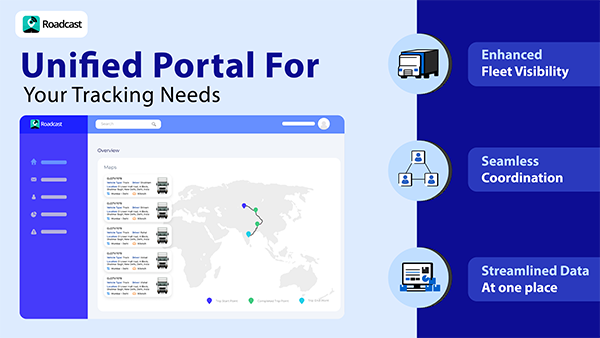
India's Growth Spurt: Unified Delivery Management Portal
India's Growth Spurt: Unified Delivery Management Portal
Economic experts are forecasting a potential global growth slowdown due to various factors, including instability in the banking sector, the lingering impacts of wars, and the aftermath of the COVID-19 pandemic. However, amidst these uncertainties, India stands out as an attractive investment destination for the next decade. Several compelling reasons make India a suitable prospect, including significant structural reforms, technological advancements and a shift towards electric vehicles (EVs). India's market appeal is bolstered by robust domestic consumption, favourable demographics, a thriving tech ecosystem, and rapid digitization. These factors are drawing the attention of international businesses seeking fresh opportunities, leading to notable companies like Tim Hortons, Shein, and Flix either recently entering India or in the process of setting up their offices (Source).
Notably, the country's promising growth rates are driving a surge in business ventures and startups, consequently boosting e-commerce sales and deliveries. With the rise of e-commerce and online retail, the demand for seamless transportation and delivery services has grown exponentially. However, it is essential to acknowledge that India's weather can be unpredictable, particularly with the current humid conditions, which may result in delivery delays and potential losses for businesses. Humidity can negatively impact the quality of products, especially those that are sensitive to moisture. Items like food, beverages, cosmetics, and pharmaceuticals can be affected, leading to spoilage, mould growth, clumping, or texture changes.
High humidity can also weaken packaging materials, such as cardboard boxes, paper, and adhesive tapes. This can result in packages becoming less secure, increasing the risk of damage or leakage during transportation. Extreme weather conditions can also cause transportation delays due to road closures, reduced visibility, or other safety concerns. This can lead to disruptions in the supply chain and result in late deliveries to retailers or consumers.
Maximising Visibility
For businesses to achieve accurate and timely deliveries consistently, it is essential to maintain complete visibility across the entire supply chain. This entails actively tracking shipments to ensure they adhere to designated routes and schedules. In the event of any disruptions, immediate notifications and alerts should be activated, enabling swift action to be taken. Customers also require regular updates, including shipping notifications, estimated time of arrivals (ETAs), and the ability to track their shipments through a user-friendly web portal. Moreover, there must be visibility throughout the entire workflow within warehouses, encompassing inventory receipt, storage, order management, and shipment processes.
By utilising a unified delivery management portal by Roadcast, organisations can multi-task and unlock enhanced visibility to streamline all these processes. This would lead to improved operational efficiency and customer satisfaction. With a comprehensive view of the entire supply chain, businesses can proactively identify bottlenecks, anticipate delays, and implement effective measures to ensure on-time deliveries.
Seamless Deliveries
A comprehensive unified dashboard within the portal provides one with real-time analytics and actionable insights. It offers a visual representation of key performance indicators (KPIs) and metrics, such as delivery performance, inventory turnover, on-time deliveries, and warehouse productivity. This can empower businesses to make data-driven decisions, identify areas for improvement, optimise resource allocation, and drive continuous process enhancements. Moreover, advanced analytics capabilities enable trend analysis, demand forecasting, and predictive modelling, enabling one to stay ahead of market demands. A unified portal revolutionises logistics with route tracking, violation monitoring, and centralised control over multiple GPS devices at one time.
As international investors and businesses continue to show keen interest, India is poised to capitalise on its strengths and become a thriving hub for economic growth in the coming years. From capturing orders to processing, tracking, and invoicing, every step can be seamlessly integrated into a single platform. This centralised approach minimises manual intervention, eliminates redundant processes, and accelerates the online delivery management system, ultimately enhancing customer satisfaction. Leveraging technology can boost operational efficiency and cater to the rising demand, ultimately driving higher revenues and profitability.
